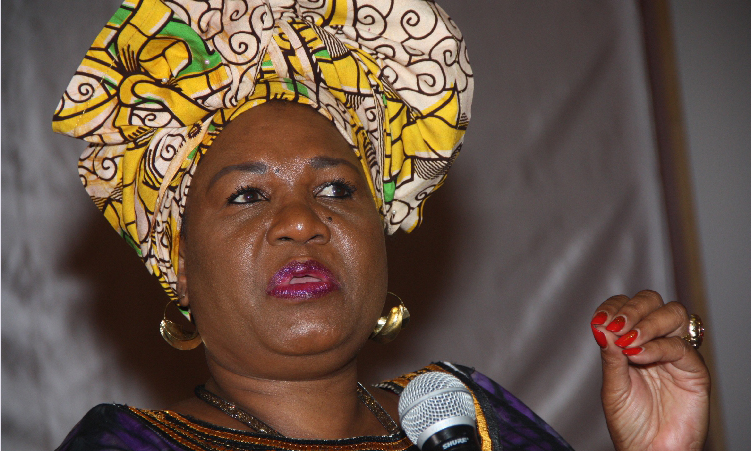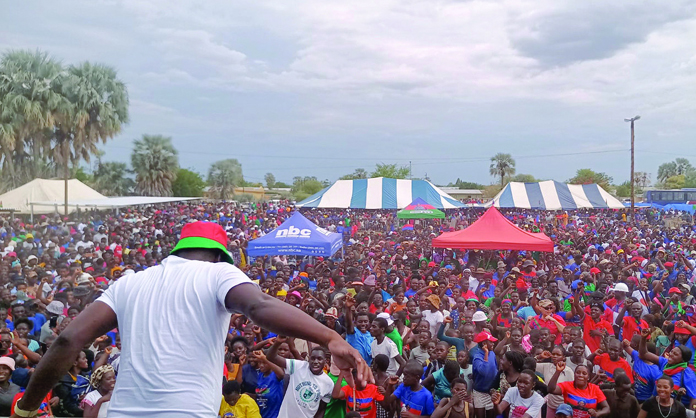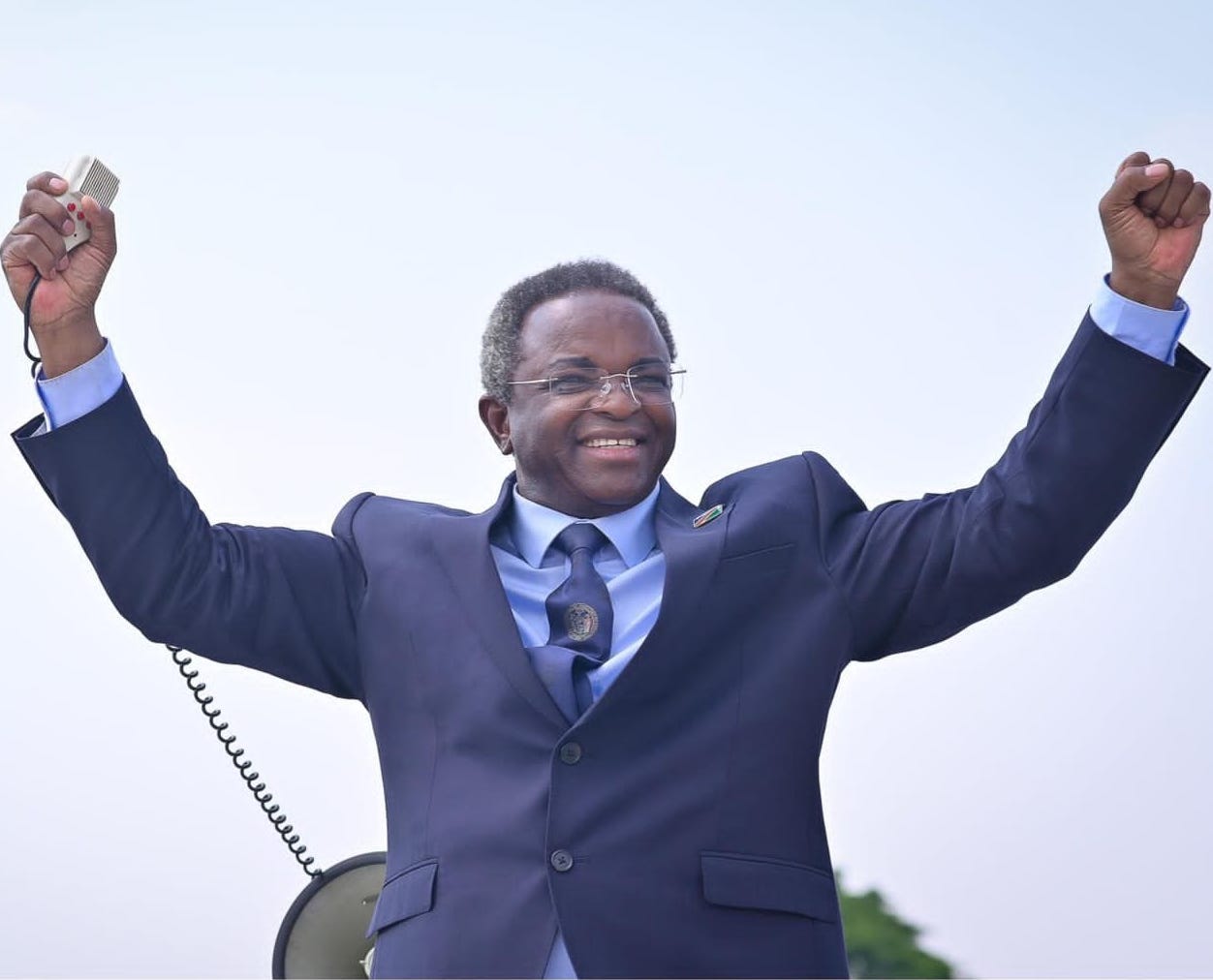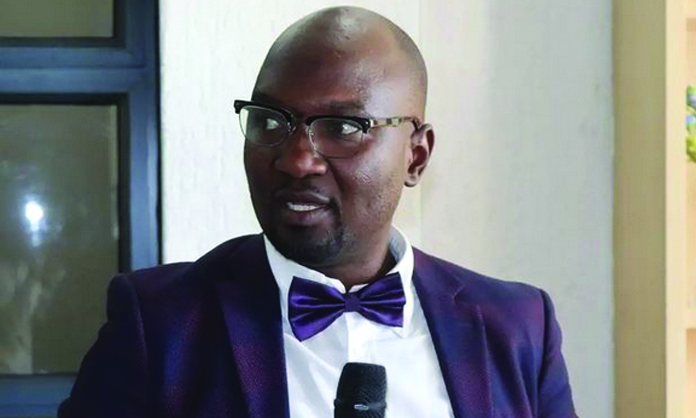Khomas governor Laura Mcleod-Katjirua has accused the Windhoek municipality of slowing down the housing delivery of the National Housing Enterprise (NHE).
During her state of the region address yesterday, the governor said the NHE has submitted 18 plans for houses, which are delayed by the municipality.
The 18 house plans are part of an informal settlement upgrade plan to construct houses in collaboration with the Ministry of Urban and Rural Development, the NHE and the Windhoek municipality.
“Bulk services and town planning by the City of Windhoek is hampering the speedy construction of houses under this programme,” Mcleod-Katjirua said.
Windhoek mayor Joseph Uapingene admitted there was an issue last year, but said things have changed.
“It is not very clear, as she is referring to last year,” he said.
Uapingane said his office would look into the matter. The City of Windhoek’s acting head, Faniel Maanda, said the municipality has challenges with regards to town planning, which it is dealing with.
He said he is, however, not familiar with the challenges the governor mentioned.
NHE spokesperson Tuafi Shafombabi this week confirmed the enterprise’s struggles with the municipality.
“One of the requirements for the project is that you must own an erf, and most of our people do not have erven registered in their names,” he said.
Ownership of houses has become another barrier, he said. Shafombabi said hopeful homeowners simply choose to not be involved in the early stages of the programme, and prefer coming on board once houses are completed.
During her address last year, Mcleod-Katjirua highlighted the need to secure preapproved institutional land/plots from the City of Windhoek for educational purposes.
PIT LATRINES
The Khomas Regional Council plans to provide rural communities, which are not near water, with dry pit latrines.
“For the 2023/24 financial year, we will implement a hybrid model of environment free dry pit latrine and wet (flushing) toilets for the communities close to water,” the governor said.
The regional council has put aside N$1,6 million for this.
Last year, a daily publication reported that the regional council would construct 101 pit latrines in rural areas every financial year, and will now construct 45 at Kransneus, 35 at Ueros and 21 at Khanubeb.
This is part of its basic rural sanitation programme.
Last year, Mcleod-Katjirua said 267 communal toilets were spread over 37 different informal settlements within seven constituencies in the region.
On average, each informal settlement has about seven toilets. This, along with 267 metered waterpoints and connecting individual water and sewer connections to approximately 34 households, will cost N$15,3 million.
These funds are part of the N$50 million the urban and rural development ministry gave the council three years ago to improve the living conditions of the residents of Windhoek’s informal settlements.
In last year’s address, the governor said the current systems are old, dysfunctional, dilapidated and perennially blocked and overflowing.
This comes as less than half of the country’s 2,6 million citizens use facilities that safely separate waste from human contact, while some 5% use inadequate facilities, such as open pits, buckets and hanging latrines.
The influx of migration has stretched the city’s limits and worsened sanitation.
Informal settlements, like Havana, have expanded uncontrollably as people arrive faster than Windhoek can provide services.
The Namibia Statistics Agency’s census mapping basic report for 2019 to 2021 stated that only 30% of households in Namibia use private flush toilets.
“Disappointingly, the Kavango West and Zambezi regions show that 78,5% and 77,8%, respectively, have no toilet facilities,” the report reads.
“[A total of] 42,6% of households countrywide have no toilet facilities, use bush, river beds, and fields, and this is common in rural areas (64,6 %), compared to urban areas (22,6 %),” statistician general Alex Shimuafeni said at the time.
LAND
On land delivery, the governor said the regional council has achieved 70% performance, without indicating the number of serviced plots in the region.
“Some 84% affordable houses were provided via the mass housing, Windhoek housing, and Build-Together scheme,” Mcleod-Katjirua said.
Moverover, the council has sold land worth N$324 million, of which erven valued at N$80 million are allocated to the Windhoek municipality.
ELECTRICITY
The governor said the council has supplied 788 demarcated households at informal settlements with electricity.
“ . . . whereas contractors for the electrification of informal settlements phase five were scheduled to commence during the 2022/23 financial year,” she said.
Stay informed with The Namibian – your source for credible journalism. Get in-depth reporting and opinions for
only N$85 a month. Invest in journalism, invest in democracy –
Subscribe Now!






